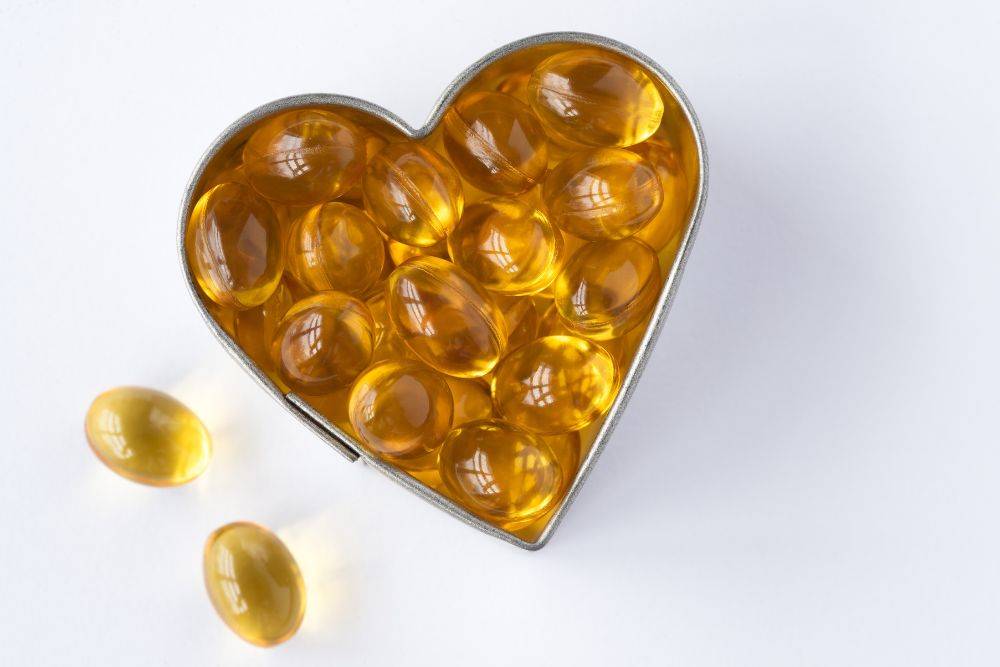Heart disease is becoming a term we hear more often, and it’s not surprising, with rising rates around the world, and heart disease being one of the leading causes of death globally. While medications and lifestyle changes play a key role in managing heart health, more people are turning to supplements to naturally support their cardiovascular system.
In this article, we explore five essential supplements that can help you maintain a healthy heart.
Why Heart Health?
Heart disease affects millions of people worldwide, and Southeast Asia is no exception. Countries in Southeast Asia, including Singapore, Malaysia, the Philippines, and Indonesia, are seeing a rise in heart disease. In Singapore alone, 30.9% of all deaths were related to cardiovascular diseases. That is nearly 1 in 3 deaths due to heart disease!
But here’s the good news: the right supplements can help reduce risk factors like high cholesterol, high blood pressure, and inflammation – all of which contribute to heart disease.
Know Your Heart Health Supplements
On top of the conventional medications prescribed by the doctors, more people are turning into supplements to manage their heart health. Understanding the different types and benefits of these supplements can help you make an informed decision on what could be suitable for you!
1. Omega-3 Fatty Acids
Omega-3 fatty acids are among the most popular supplements. Primarily sourced from fish oil, they contain two main types of omega-3 fatty acids fundamental for heart health – eicosapentaenoic acid (EPA) and docosahexaenoic acid (DHA).

Why it helps
Omega-3s fatty acids aid to
- Lower blood pressure
- Lower triglyceride levels
- Prevent blood clot formation and plaque buildup in arteries
How to take it
You can get omega-3s by eating fatty fish like salmon and mackerel at least twice a week. Fish oil supplements are an excellent option if you do not get sufficient omega-3s in your regular diet, which is about 3 grams of omega-3 per day
2. Coenzyme Q10 (CoQ10)
Coenzyme Q10 (CoQ10) is a natural antioxidant that aid energy production within the cells. The antioxidant property combats the damaging effects of free radicals such as causing chronic inflammation and heart diseases.
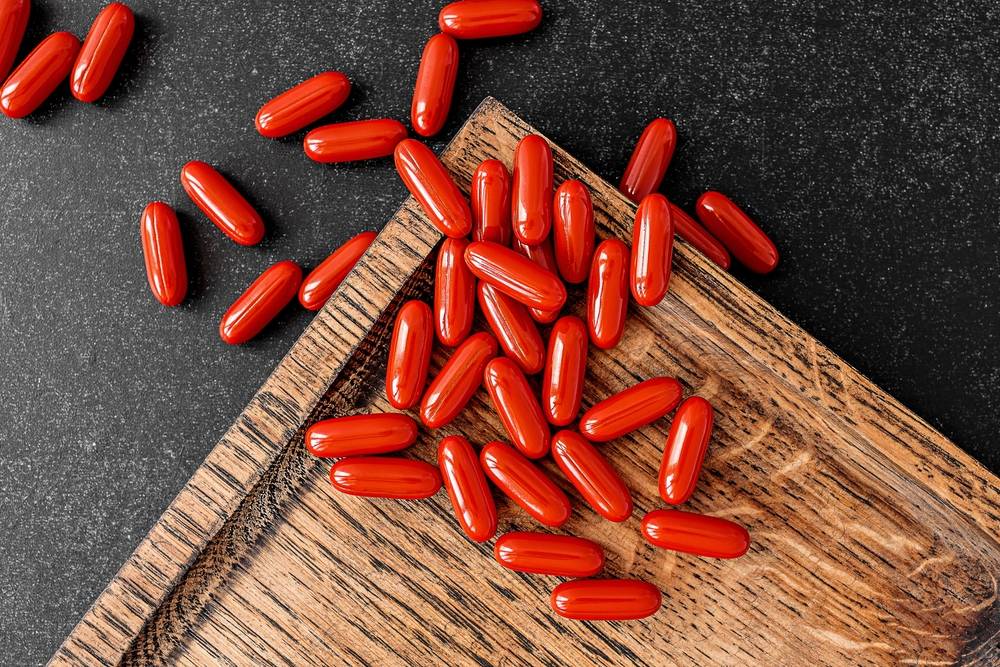
CoQ10 levels often decline with age. The levels are further depleted in people with diabetes, heart failures and those taking cholesterol-lowering medications such as statins.
Why it helps
CoQ10 can:
- Improve the function of tissues lining the blood vessels and heart
- Support smooth blood circulation through blood vessel dilation
- Reduce statin-related muscle pain
How to take it
The typical dose for CoQ10 range from 100 to 200 mg per day but this may vary from individual to individual. Coenzyme Q10 is generally a safe supplement but it can interact with other medications like the anti-coagulant warfarin and chemotherapeutic drugs. Always talk to your healthcare professionals before taking.
3. Red Yeast Rice
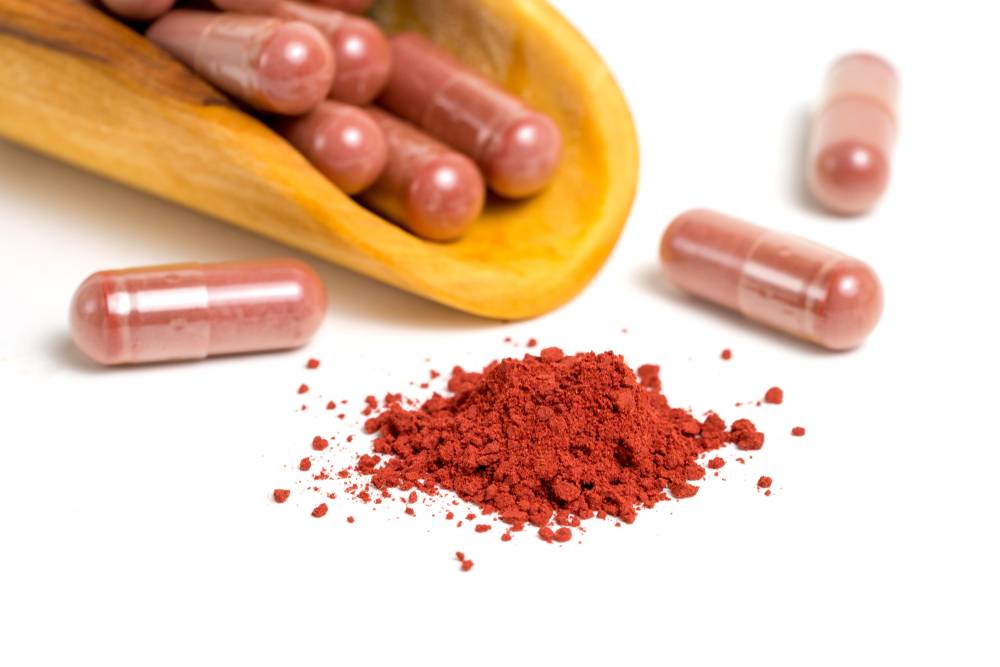
Red yeast rice is a type of fermented rice created using the yeast Monascus purpureus. The fermentation process results in the product monacolin-K, that is chemically similar to lovastatin, a type of cholesterol-lowering statin.
Why it helps
Being similar to statins, the monacolin-K in red yeast rice can reduce “bad” cholesterol low-density lipoprotein (LDL) by up to 25%, reducing atherosclerosis and subsequent heart attacks and deaths.
How to take it
You can typically find red yeast rice supplements in both capsule and tablet form.
Doses ranging from 200–4,800 mg have been studied but most supplements recommend 1,200–2,400 mg daily, taking in divided doses. Nonetheless, red yeast rice may not be suitable for people with liver diseases or already taking prescription statins.
4. Magnesium
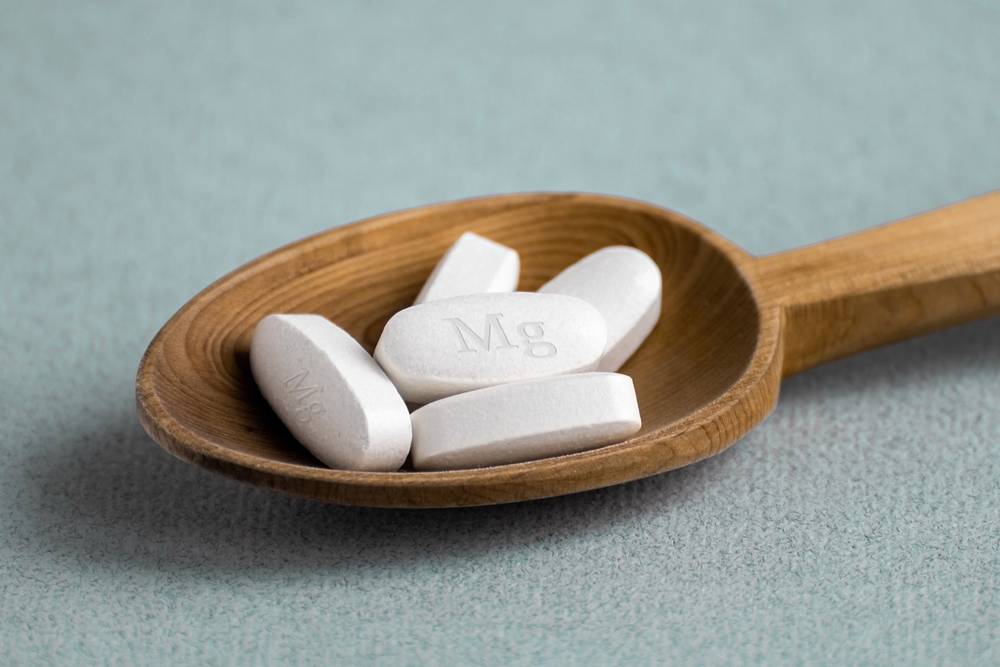
Magnesium is a key mineral that supports heart health by regulating heartbeats and helping muscles, including the heart, to relax. Low levels of magnesium are associated with an increased risk of arrhythmias (irregular heartbeats) and high blood pressure.
Why it helps
This mineral can:
- Relax and widen blood vessels to and reduce strain on the heart
- Prevent calcium buildup in the bloodstream, that can lead to atherosclerosis (hardening of the arteries)
How to take it
Magnesium supplements come in various forms, with typical doses ranging from 200-400 mg per day. You can also boost your intake naturally by eating magnesium-rich foods like spinach, nuts, and whole grains.
5. Flaxseed oil
Flaxseed oil is rich in omega-3 fatty acids, specifically alpha-linolenic acid (ALA).
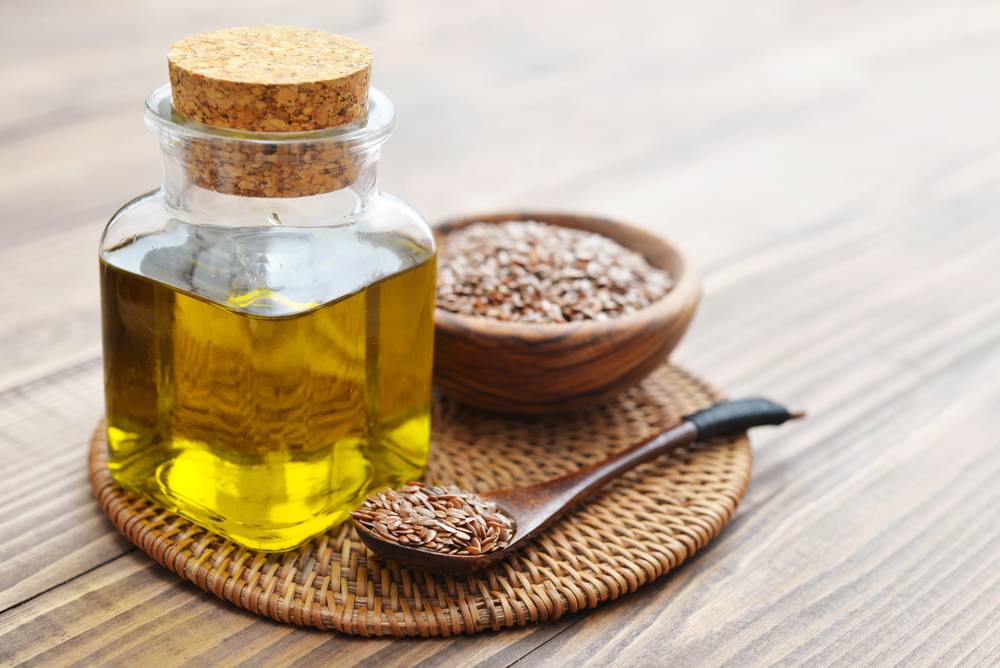
Why it helps
The ALA in flaxseed oil can:
- Improve lipid profiles by reducing total cholesterol, LDL cholesterol and triglyceride levels
- Increase “good” HDL cholesterol, which removes excess cholesterol from the bloodstream
- Lower blood pressure by improving the elasticity of arteries and blood flow
How to take it
This edible oil can be used in versatile ways. It can be used in the form of salad dressings, sauces or even swallowed as capsules. The optimal dose of flaxseed oil for heart health typically ranges from 1,000 to 2,000 mg per day, depending on individual needs and dietary intake.
Key Takeaways
These five heart supplements – omega-3 fatty acids, CoQ10, red yeast rice, magnesium, and flaxseed oil — offer significant benefits for heart health. From lowering blood pressure to reducing cholesterol, they work together to keep your heart strong and lower the risk of heart disease.
While they are generally safe, before adding any supplements to your routine, it is important to consult with your doctor or pharmacist. Some supplements may interact with other medications, increasing the risks of potential side effects. Some supplements may also not be suitable for patients with liver or kidney impairments, as well as pregnant women.
We include products we think are useful for our readers. If you buy through links on this page, we may earn a small commission.

